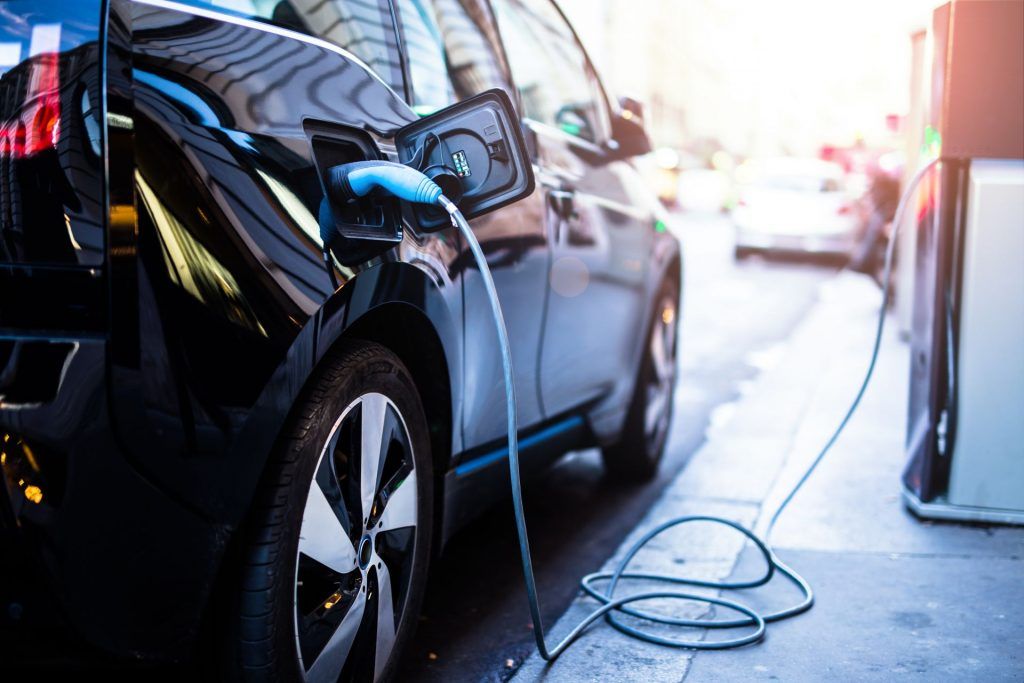Innovate UK has awarded £335K to Bonnet, EDF, DG Cities and Devon County Council to work on the Rural Electric Mobility Enabler (REME) project.
With backing from the government, the group of private and public organisations have embarked on an eight-month project to provide solutions to improve public charging provision in rural regions.
The partners are using technology, data and grid expertise to understand the challenges of access to EV chargers and the associated energy supply from the grid, which will be caused by increased EV usage.
The project focuses on Devon, using the council’s data to understand seasonal flows of people to the area and how this will impact future public charging demand. DG Cities and EDF use field dynamic code mapping and data from the National Grid to work out where in regional areas it would be necessary – but difficult – to implement public EV charge points.
EV charging platform, Bonnet, is using its consumer-facing app to offer drivers access to private charge points in rural areas, when demand is high. Making private charge points accessible to the public champions the powerful role of community in charging solutions.
It creates financial opportunities for domestic chargepoint owners and increases the volume of reliable options for EV owners – all shown through the Bonnet app, which also handles payments.
Following the trial period (ending March 2022), the partners hope to propose the new business model to other rural councils in the UK.
Patrick Reich, Co-found at Bonnet commented: “Electric charging provision is lacking in rural regions across the country, and we’re honoured to be collaborating with these partners to find solutions to these issues.
“Our payment and chargepoint information app can provide access to private charge points for public use across the UK and we already have thousands of public chargepoints on board. Innovative solutions need to be developed to combat drivers’ EV charging anxiety, especially in tourist hotspot regions across the country.
“This exciting project will be a step towards future proofing the electrification of the UK’s roads and we hope to encourage further change.”
Rebecca Rosling, Head of Smart Customers, R&D, said: “Electric vehicles will play an important part in the UK’s ambition to reaching Net Zero targets and with our years of experience in the EV sector, EDF already provide a full solution for customers through electric car leasing, charging infrastructure, and electricity supply to both residential and business customers. We understand that a switch to EVs can be harder for our customers in rural areas, and that is why we are delighted to be leading the REME project, where we will work with our partners to develop innovative solutions to improve our customer experience.”
Kim Smith, Head of Smart Mobility at DG Cities, said: “DGC welcomed the opportunity to be part of a consortium working directly with representatives of rural communities – both the public and stakeholders – to help identify and solve some of the barriers to the uptake of electric vehicles; REME is allowing us to create a roadmap to implementation which can be replicated elsewhere.”
Councillor Andrea Davis, Devon County Council’s Cabinet Member for Climate Change, Environment and Transport, said: “The delivery of a network of charging points in Devon is one of our priorities and over the next year Devon County Council and its partners at Devon Climate Emergency will have delivered more than 400 charging bays across the county.
“We know that nine out of ten drivers in the county we surveyed would like to make the transition to EVs over the next few years, so we have to be prepared. A vital part of that is better understanding the challenges of access to EV chargers and the associated energy supply from the grid, which will be caused by this increase in d EV usage.”
Image: Shutterstock














